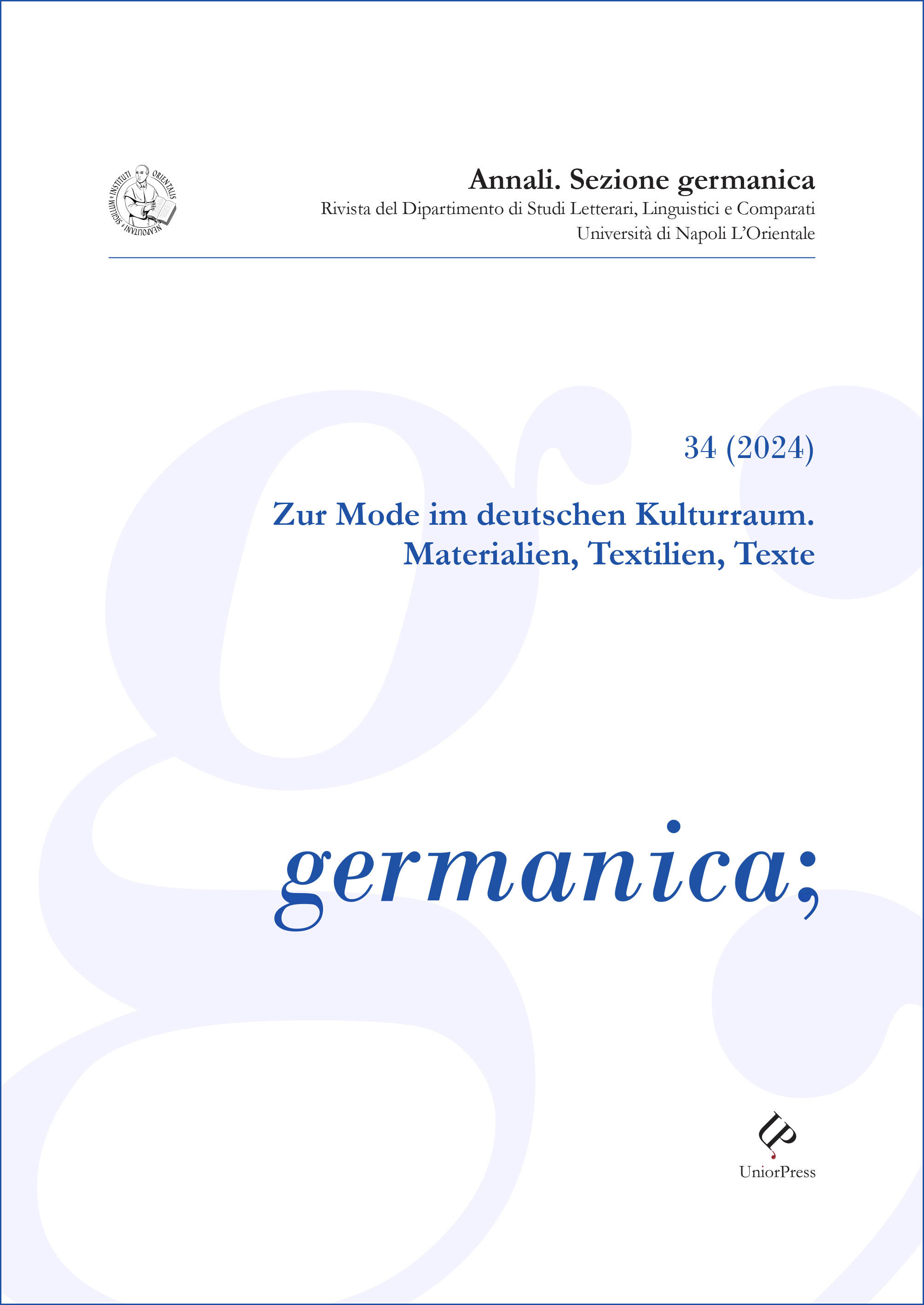Deutsche Konversionen als konzeptuelle Metonymien. Ein Vergleich mit dem Englischen
Keywords:
German linguistics, cognitive linguistics, conceptual metonymy, conversion, morphologyAbstract
Invariance of form between base and output word constitutes a relevant criterion in the key theoretical formulations on metonymic conversion (Dirven 1999; Koch 2001; Radden/Kövecses 1999). According to Brdar (2017), metonymy and word formation occur simultaneously only in conversions, where formal identity between the input and output word is maintained. Brdar argues that suffixation has the potential to block or restrict the use of metonymy in word formation processes. This study focuses on German converted denominal verbs, which typically emerge through the addition of an inflectional morpheme. By comparing German with English, the paper aims to propose a theoretical model for determining the role of metonymy in German verbal conversions. In particular, it postulates a continuum along which more or less prototypical metonymic conversions are distributed.
Downloads
Published
How to Cite
Issue
Section
License
Copyright (c) 2025 Ciro Porcaro

This work is licensed under a Creative Commons Attribution 4.0 International License.
The authors who publish in this Journal accept the following conditions:
- The authors retain the rights to their work and give the magazine the right to first publish the work, simultaneously licensed under a Creative Commons License - Attribution which allows others to share the work indicating the intellectual authorship and the first publication in this magazine.
- Authors may adhere to other non-exclusive license agreements for the distribution of the version of the published work (eg deposit it in an institutional archive or publish it in a monograph), provided that the first publication took place in this magazine.
- Authors can disseminate their work online (e.g. in institutional repositories or on their website) before and during the submission process, as it can lead to productive exchanges and increase citations of the published work (See The Effect of Open Access).


